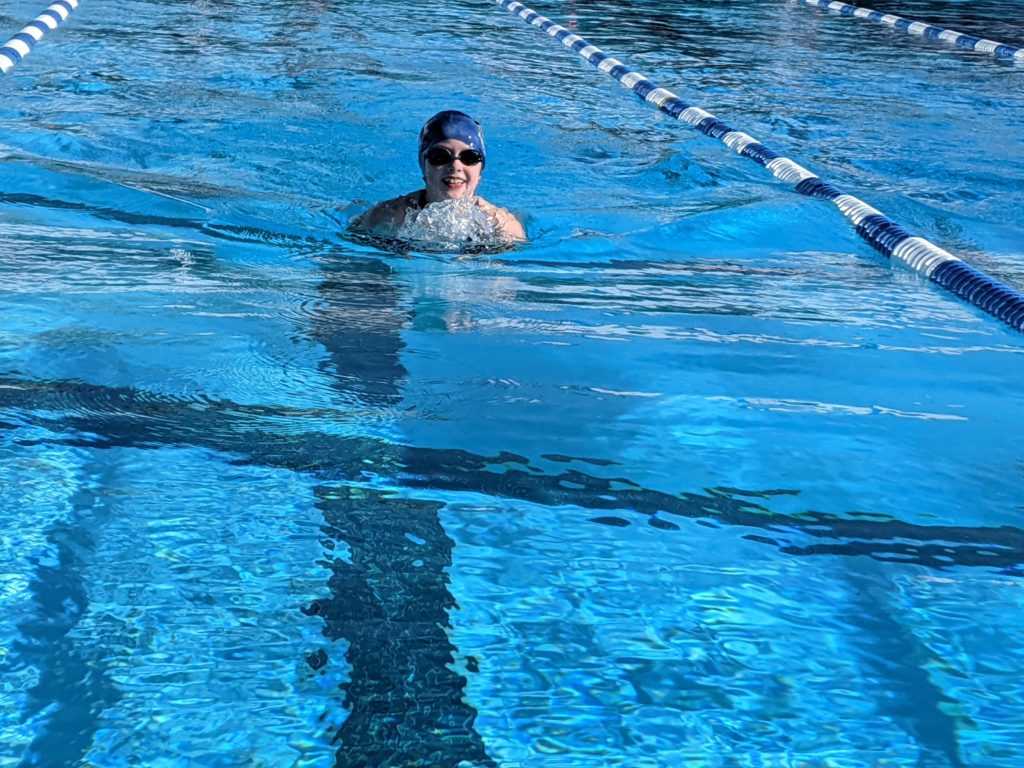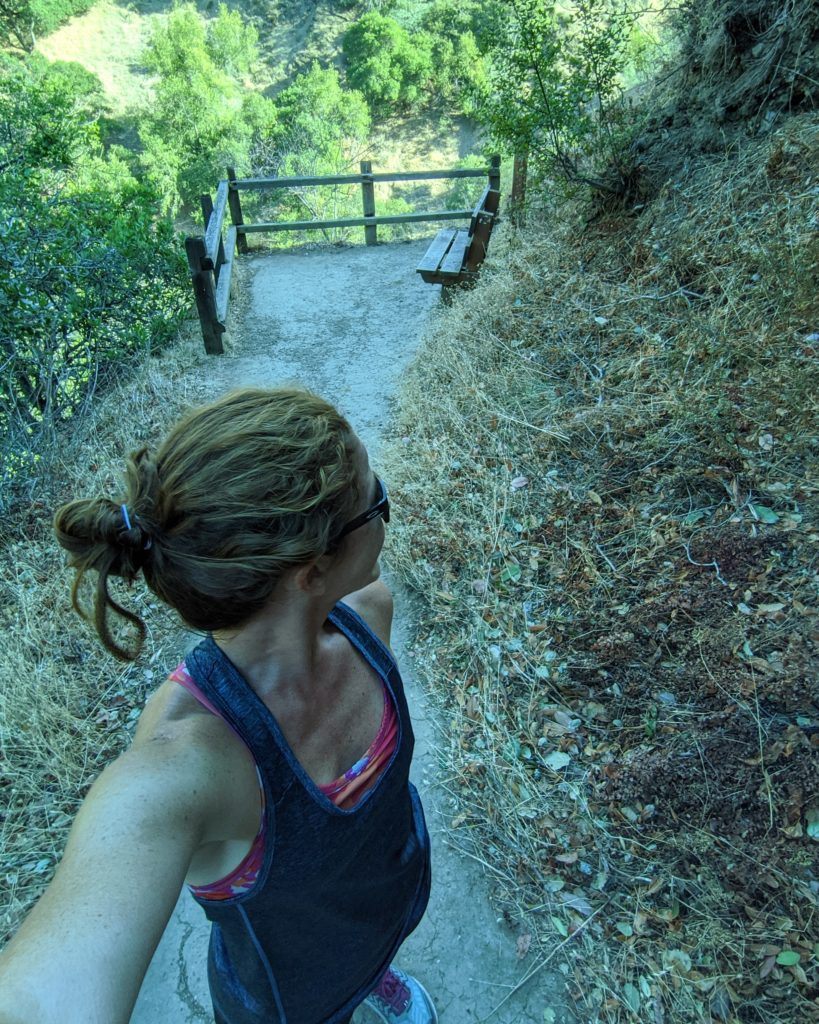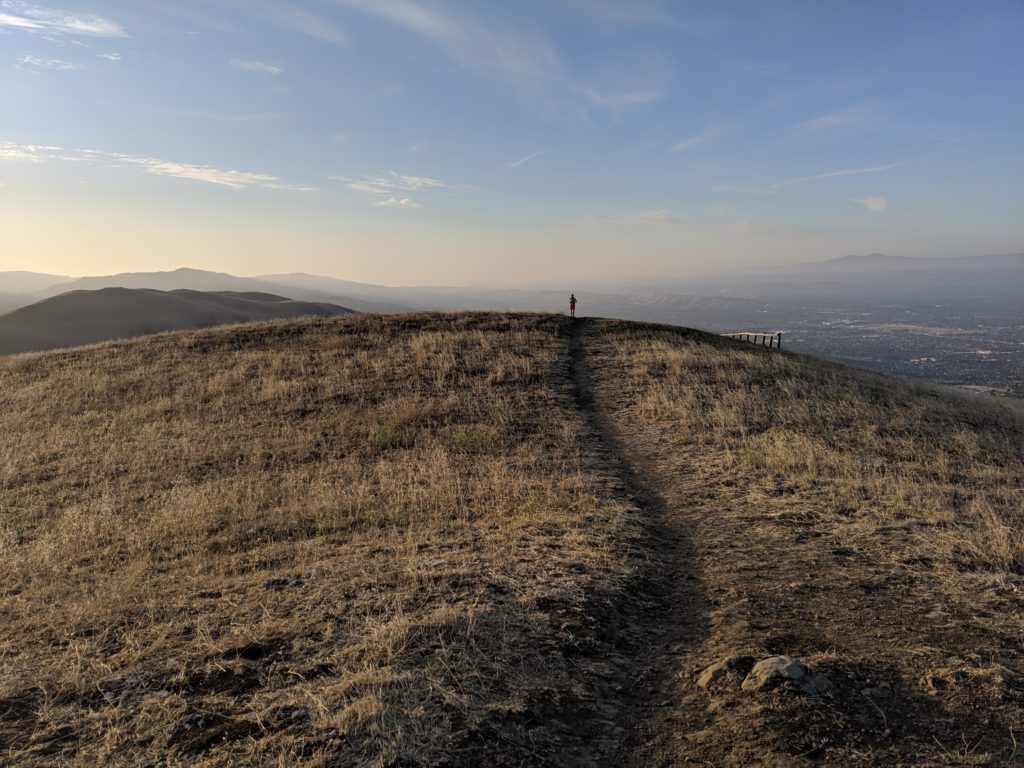Running books recommendations for 2019
The internet is awash this time of year with “best of” gift guides for everyone in your life, so in the interest of not reinventing the wheel, I’m opting out. I mean, realistically, I haven’t used a ton of new gear or worn a lot of new apparel or shoes this year, so I don’t have much to add to the conversation.
However — surprise, surprise — there was a lot of good running lit that came out this year, so below, please find my year-end recommendations. Everything below came out this year, and I’ve already recapped just a couple of these here on le blog. Oh — I’m linking to Amazon for all these titles, but nothing is affiliate (read: I make no money from these recommendations if you purchase through Amazon). Support your local library or bookstore instead. 🙂
Happy Thanksgiving! xoxo

The Happy Runner – by David and Dr. Megan Roche. Such an excellent book. The Happy Runner gives it to you straight (no one cares about your PRs; what matters more is that you’re a good person) but will leave you feeling empowered and emboldened to be the very best version of yourself — off and on the trails. The Roches are dynamic individuals, incredibly talented runners, and have so much sagacious insight into training, racing, and running — through the highest of highs and lowest of lows — and this is a book that should every runner should read at least once. I loved reading this and even bought a copy when it first came out. So, so good. (Here’s my review from a couple months ago.)
Rebound – by Carrie Jackson Cheadle and Cindy Kuzma – Another good one. This just came out a month or so ago (my recap is here), and this is a book worth having/gifting because it’s doing what very few other books in the running lit world are doing — talking about how to be and/or become mentally resilient during injury. A lot of books in running lit right now are talking about mental strength and resilience during workouts and races (when it’s important), but very few talk about how to develop that skill when you’re injured and on the mend. This is another good book for runners, particularly if they’re injured or coming back to the sport after some time off. No one wants to think about a time when they may not be able to run (temporarily or forevermore), but it’s good to have the tools in your toolkit because they’re transferable to other (non-running) areas of your life.
Running Home – by Katie Arnold. This autobiography was a really incredible read and actually felt pretty cathartic. Arnold was a recent winner at Leadville, so she talks about her trails and ultra training (and quick development and ascent in the sport) throughout this book. Perhaps more importantly, she interweaves her training anecdotes with her grieving her dad’s death (due to kidney cancer, if I recall correctly), while also figuring out the cluster and mystery that is motherhood, and it’s hard not to grieve alongside her. Her book is both powerful and memorable because it shows how important running can be to an individual’s life, more than simply fast times and impressive race finishes. Arnold hit the podcast circuit this past summer, shortly after her book came out, and if you enjoy her book, definitely hunt down all her recent podcast interviews. It’ll only deepen your appreciation of her work that much more.
Running with Sherman – by Christopher McDougall. I’m almost through this right now, and honestly, I had no idea I’d ever be rooting for a donkey so much in my life. McDougall wrote Born to Run, which probably every runner has read at least once, so it was fun to read something new by him — and about a donkey he adopted, no less. It’s an inspiring and uplifting read and one that will leave runner readers laughing and smiling throughout (and like I said, cheering for a donkey). I’ll finish it in the next few days and am actively avoiding all his interviews about the book because I really don’t know what’s going to happen next.

The Passion Paradox – by Brad Stuhlberg and Steve Magness. Many readers will know Stuhlberg and Magness from their recent work Peak Performance, and if readers liked PP, they’ll like the second PP. Passion Paradox is structured much like Peak Performance, with the authors drawing on interdisciplinary research to support their claims, and Passion illuminates and differentiates how not all “passions” are inherently beneficial. It’s a great read and one from which runners, athletes, artists, entrepreneurs, and more would benefit from reading. The authors are a great team. (Their weekly newsletter, which they send out each Thursday morning, is also fantastic and carries my recommendation).
Life is a Marathon – by Matt Fitzgerald. Fitzgerald has probably 20+ titles to his name, so chances are high that runners have read at least one of his works in the past five years (probably How Bad Do You Want It?, if I had to guess). Life is a Marathon is autobiographical and talks openly about his initially-strained marriage (thanks in part to his wife’s then-undiagnosed mental illness) and how running helped him endure his marital struggles and helped him be supportive and understanding. It also explores Fitzgerald’s nationwide quest to run marathons and find out why, exactly, runners of all different shapes, sizes, speeds, and experience keep flocking to this distance. It’s a great read and again, much like Katie Arnold’s autobiography, shows how for most people, running is much more than miles and finish times. (I’m looking forward to his work coming out in 2020 about his time training with NAZ Elite before his Chicago race a couple years ago, where he earned a huge PR).

Range – by David Epstein. You may recognize Epstein’s name from some of his recent work (such as The Sports Gene or the story about the women with the rare, mutated gene disease). Range isn’t so much a follow-up to The Sports Gene (in a way that Peak Performance and Passion Paradox are), but I think it’s a book that will continue to challenge the way we think about the merits (or demerits) of specialization versus generalization for many, many years to come. His ideas apply to how we approach sports (particularly youth sports), careers, and higher education (among others). It’s pretty eye-opening and a read from which I can all but promise you that you’ll learn something that will ultimately challenge how you approach your job, your parenting, your education (or that of your kids’), and so much more.
Happy reading, gang! (Anything I miss?)